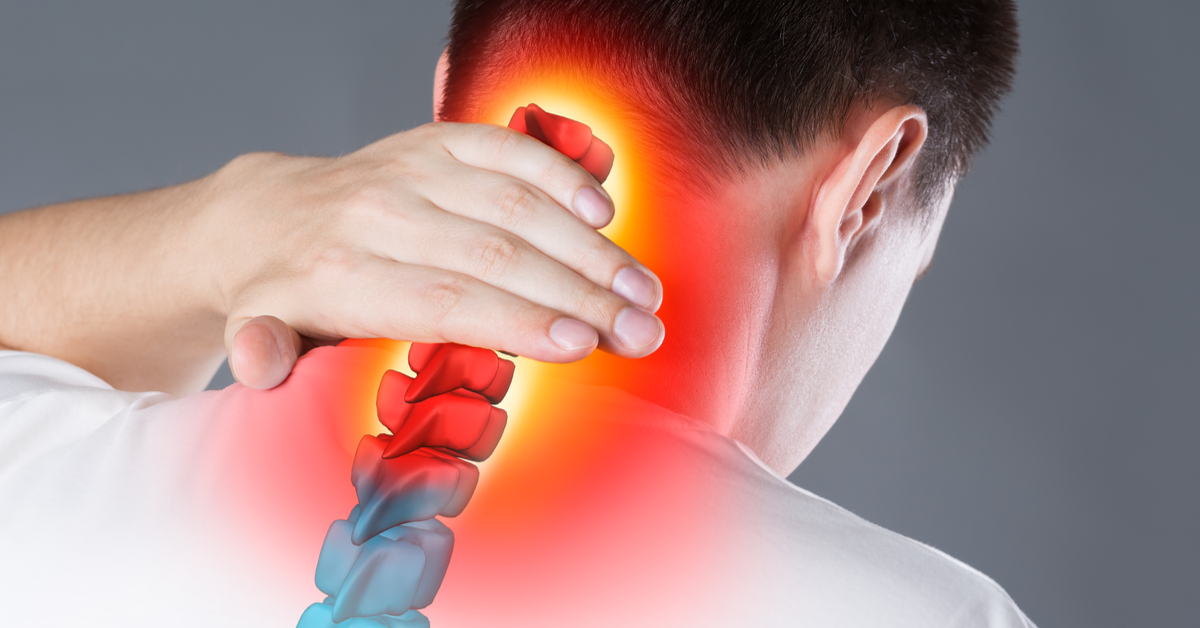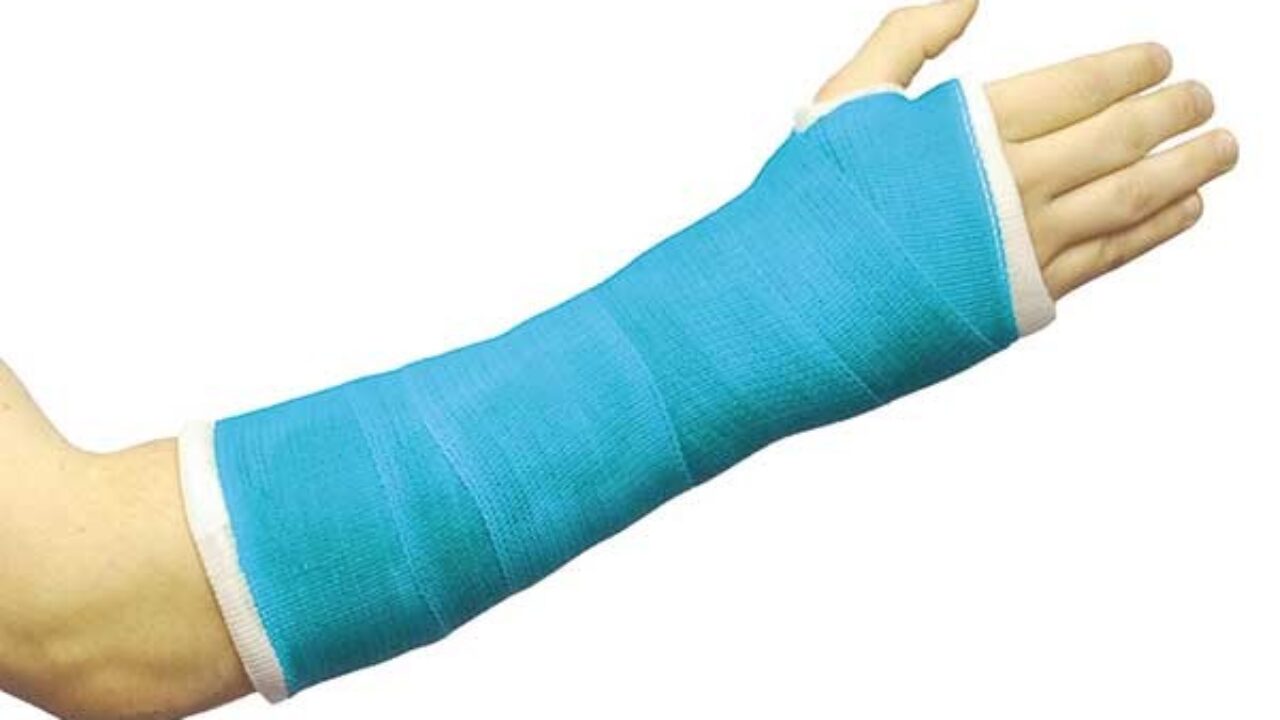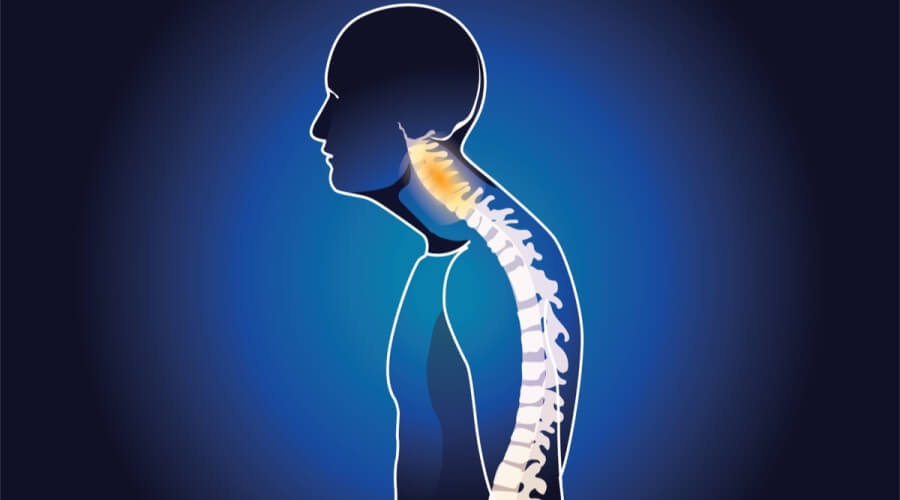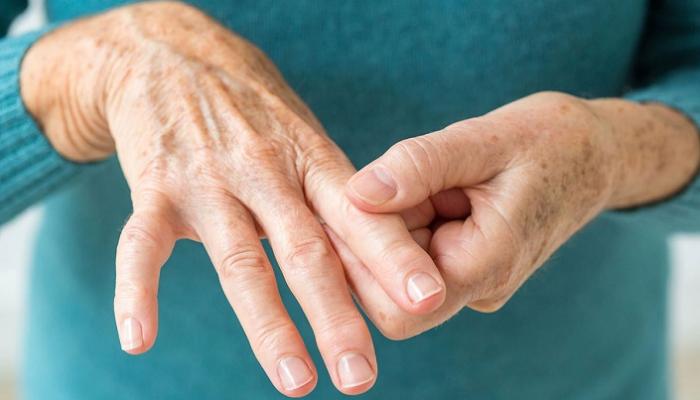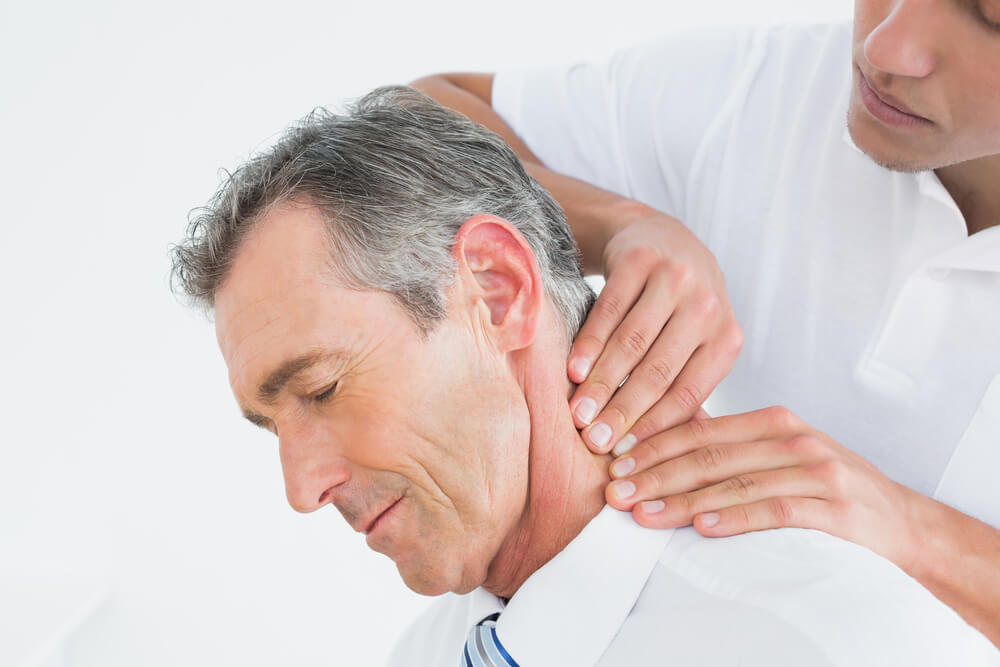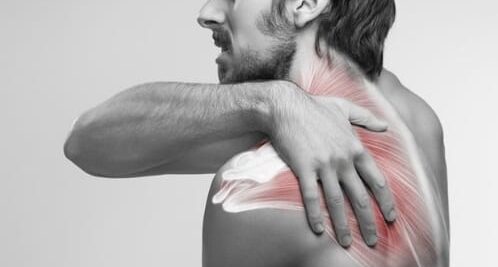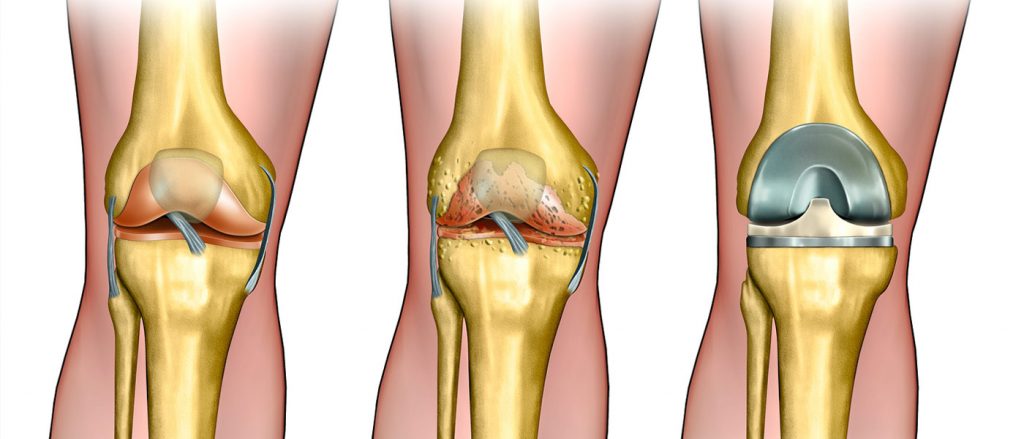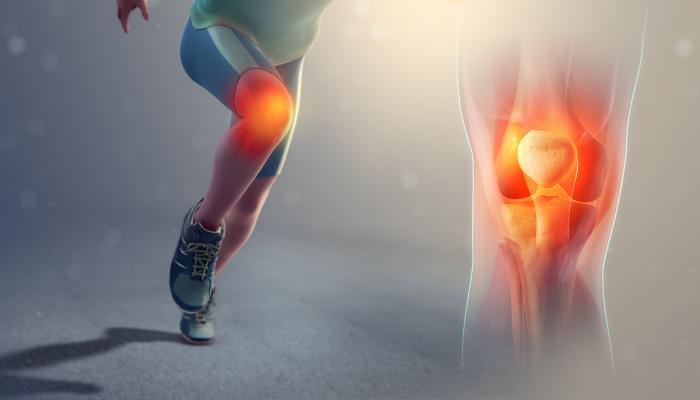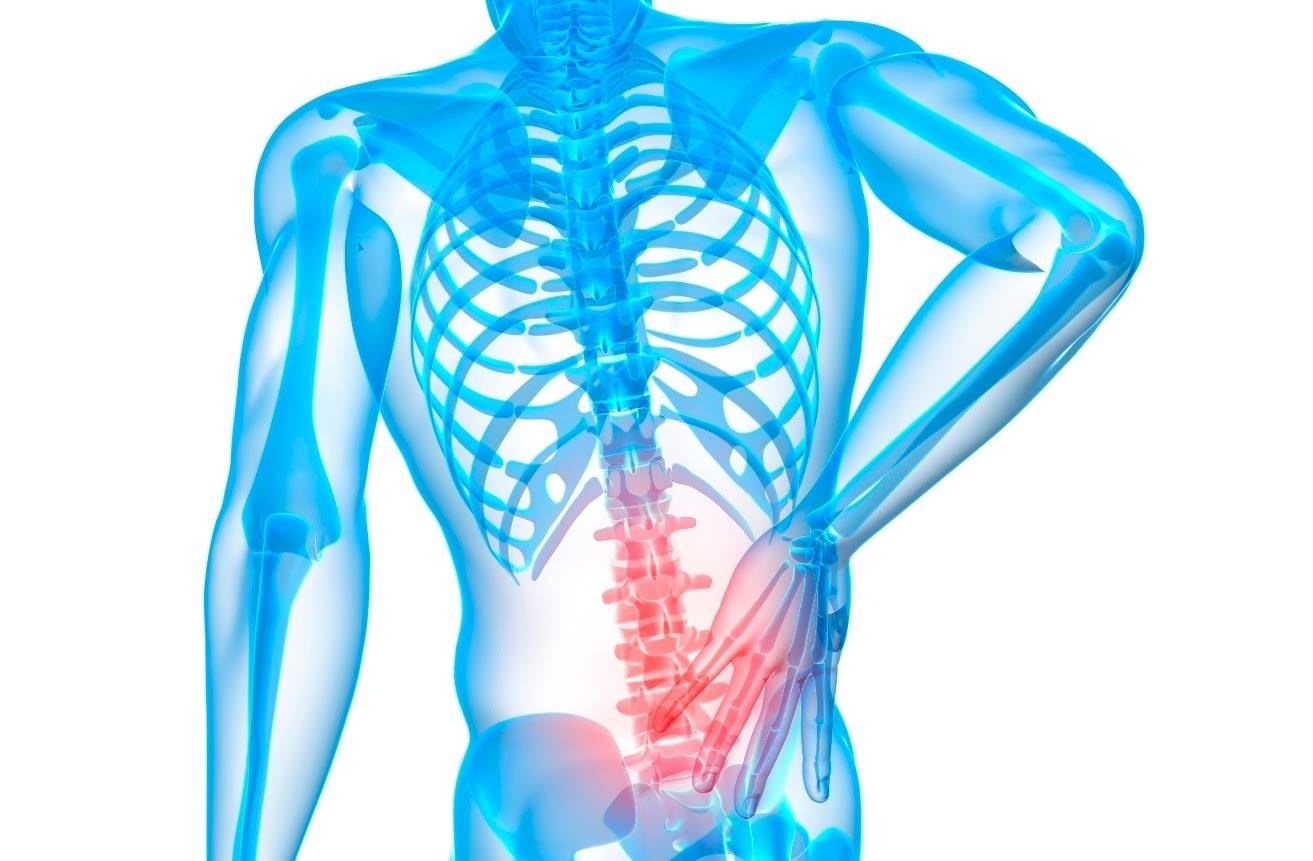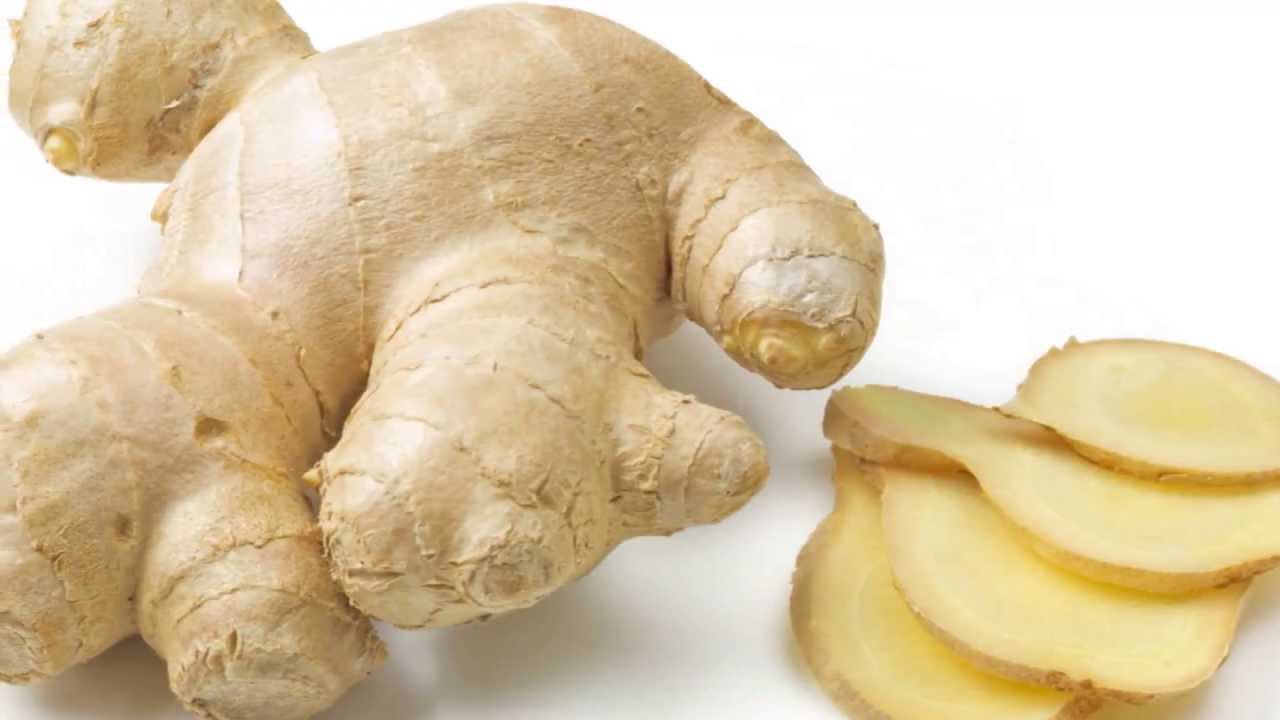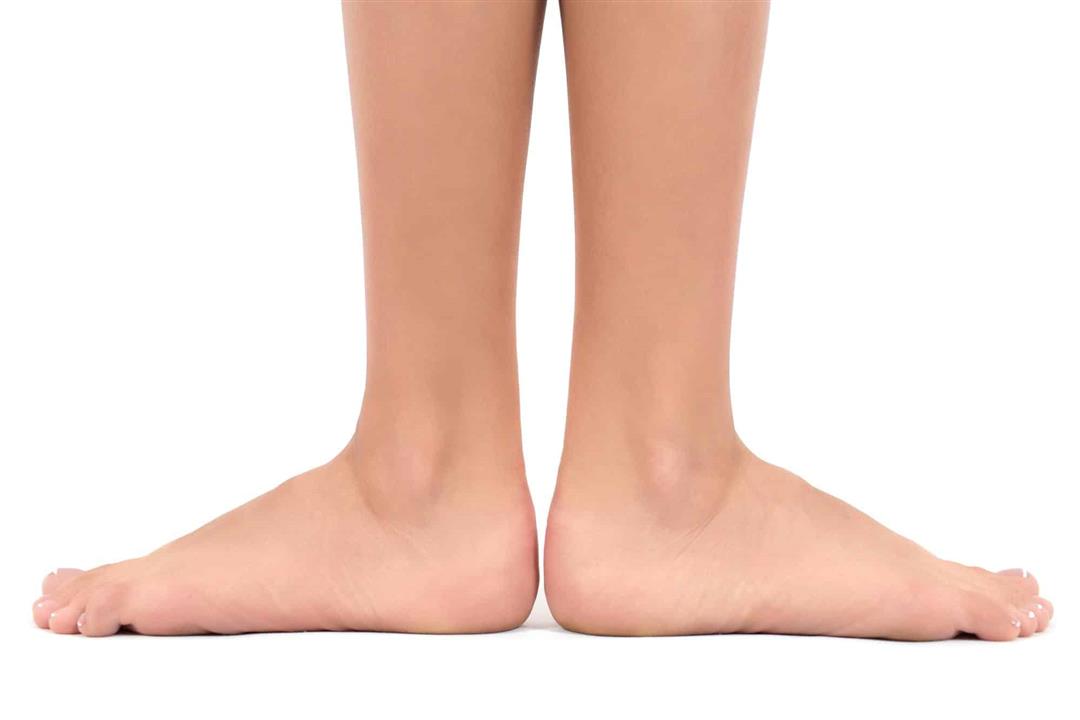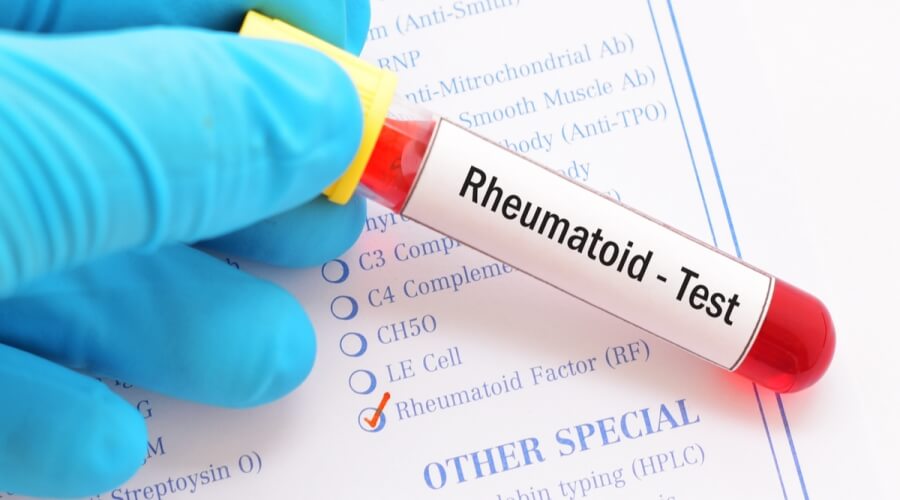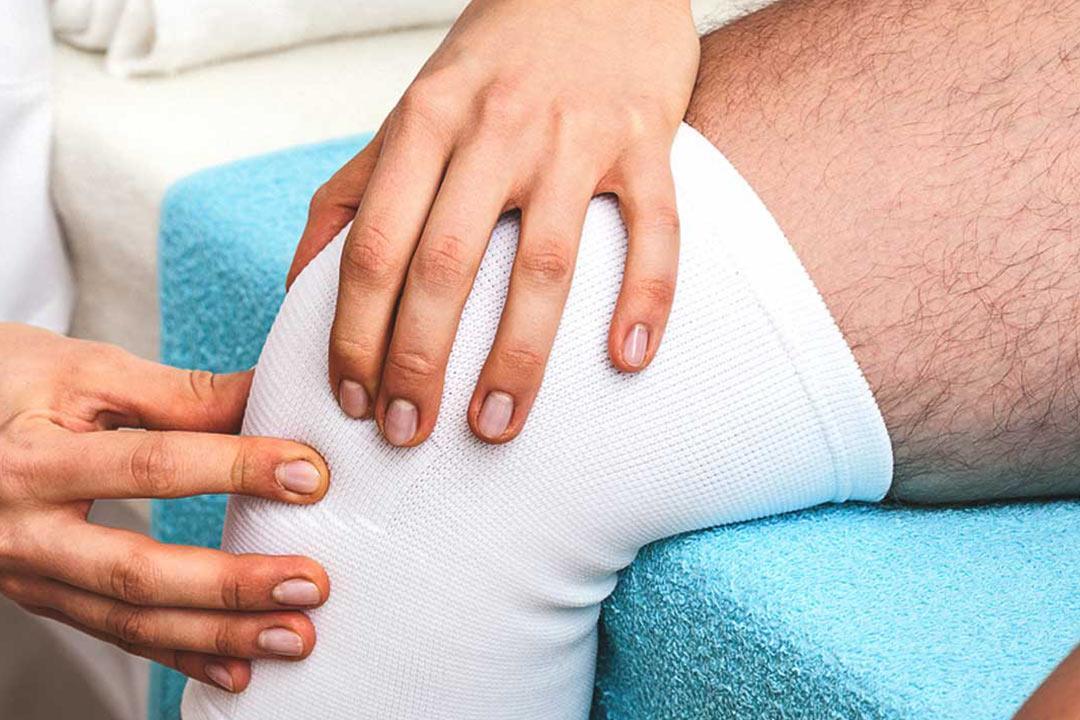What is the cause of bone pain from the cold?
In the following article, we explain to you some useful information related to bone colds and the symptoms that appear in the sufferer.
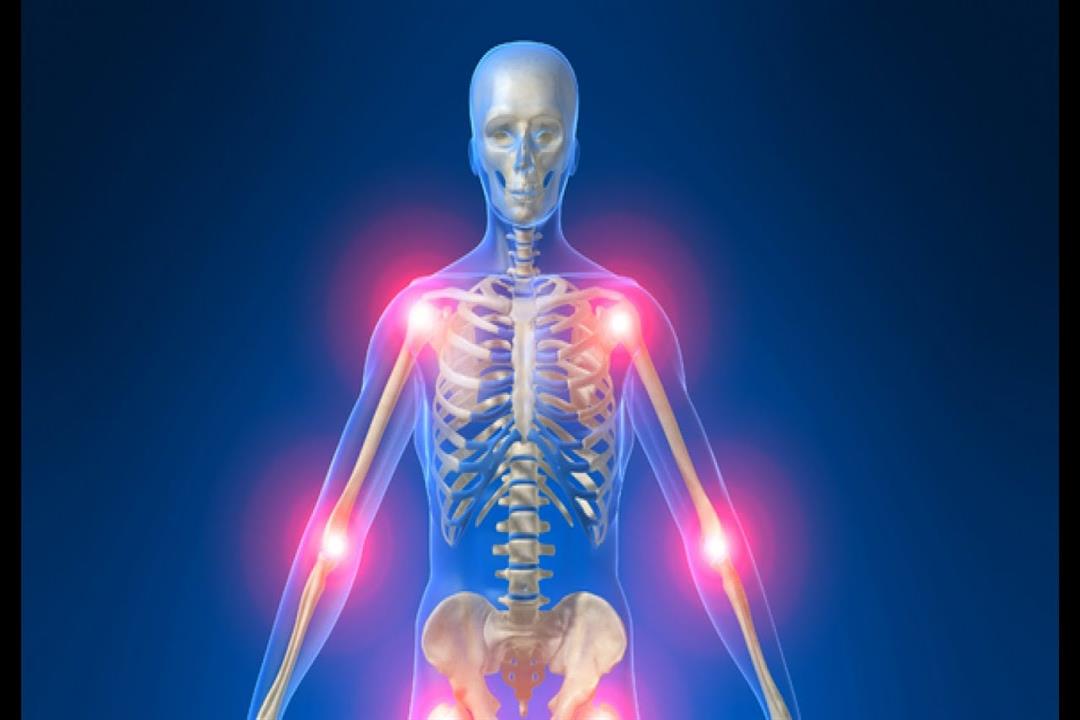
Bone cold symptoms
Bone cold is one of the common pathological conditions, especially in the winter, which can cause pain to a person and may affect his condition and his feeling of comfort. The occurrence of bone moisture can be formed due to several reasons that occur to the injured person, including exposure to cold air currents after taking a hot shower.
Colds and influenza are bacterial diseases that can infect the body, and therefore the immune system is disturbed, and this affects the respiratory system. These diseases can cause bones and joints to get cold, which causes severe pain to the person and makes him unable to practice his normal life.
Several symptoms appear in a person with cold sores, including the following:
- Feeling lower back pain.
- Going through insomnia and sleep disorders.
- Difficulty standing for a long time.
- Infection with a state of pain and fatigue in the body.
- Inability to perform daily activities.
- The presence of stiffness in the joints of the body.
The state of fatigue that afflicts a patient with a bone cold can affect his physical condition and make him reduce the activities that he performs, especially if he is a sports practitioner because he is no longer able to exert this great effort.
Causes of the bone cold
A person can be exposed to cold in the bones a result of many reasons, including the following:
- Exposure to severe colds.
- Exposure to severe cold currents.
- The body is in a state of dehydration.
Recognizing the underlying cause of bone pain can help in obtaining the appropriate treatment, and thus the doctor begins with a full diagnosis of the patient so that the cause of bone moisture is identified and appropriate treatment is initiated.
What is the cause of bone pain from the cold?
Infection with bone cold affects the condition of the joints and bones, and the body can begin to secrete chemicals that cause pain to the injured person, and in some cases, the body becomes severely dehydrated and is thus affected by muscle spasms to provide heat for the body when it has moisture in the bones, so in the case of a cold of determination, it begins The patient feels pain.
How do I know that I have a cold in the bones?
A person can recognize bone cold through the symptoms that appear on him, and it can be lower back pain or a feeling of fatigue and general fatigue in the body, and the person may find pain when doing normal daily activities.

